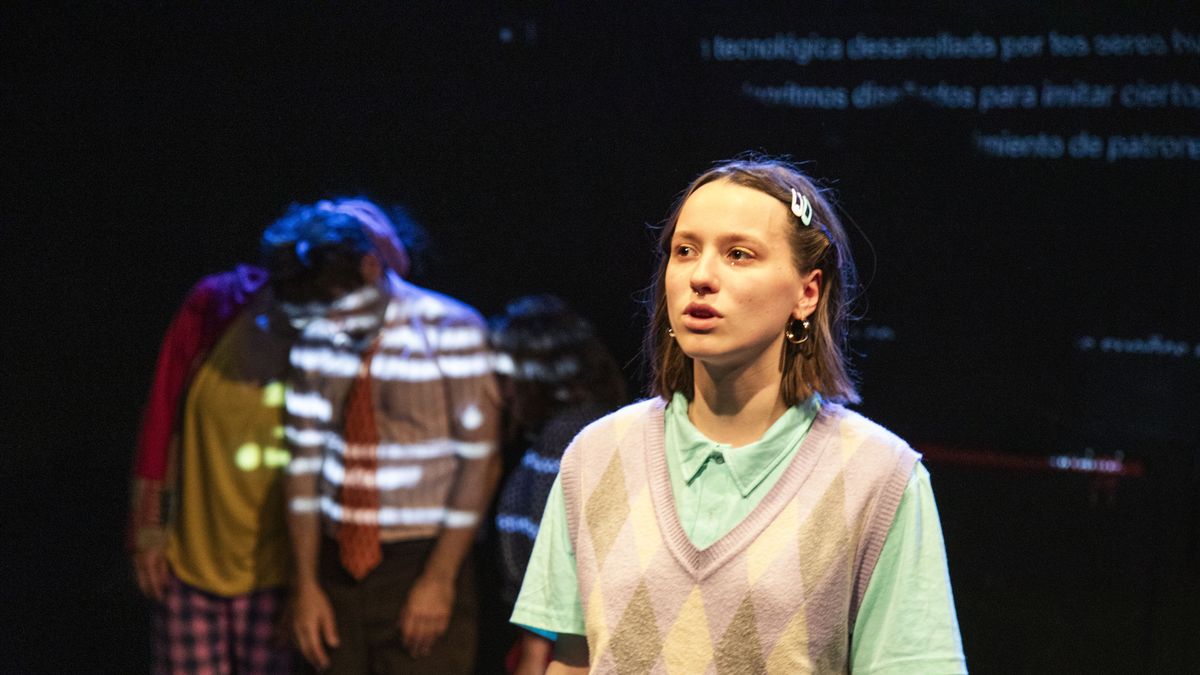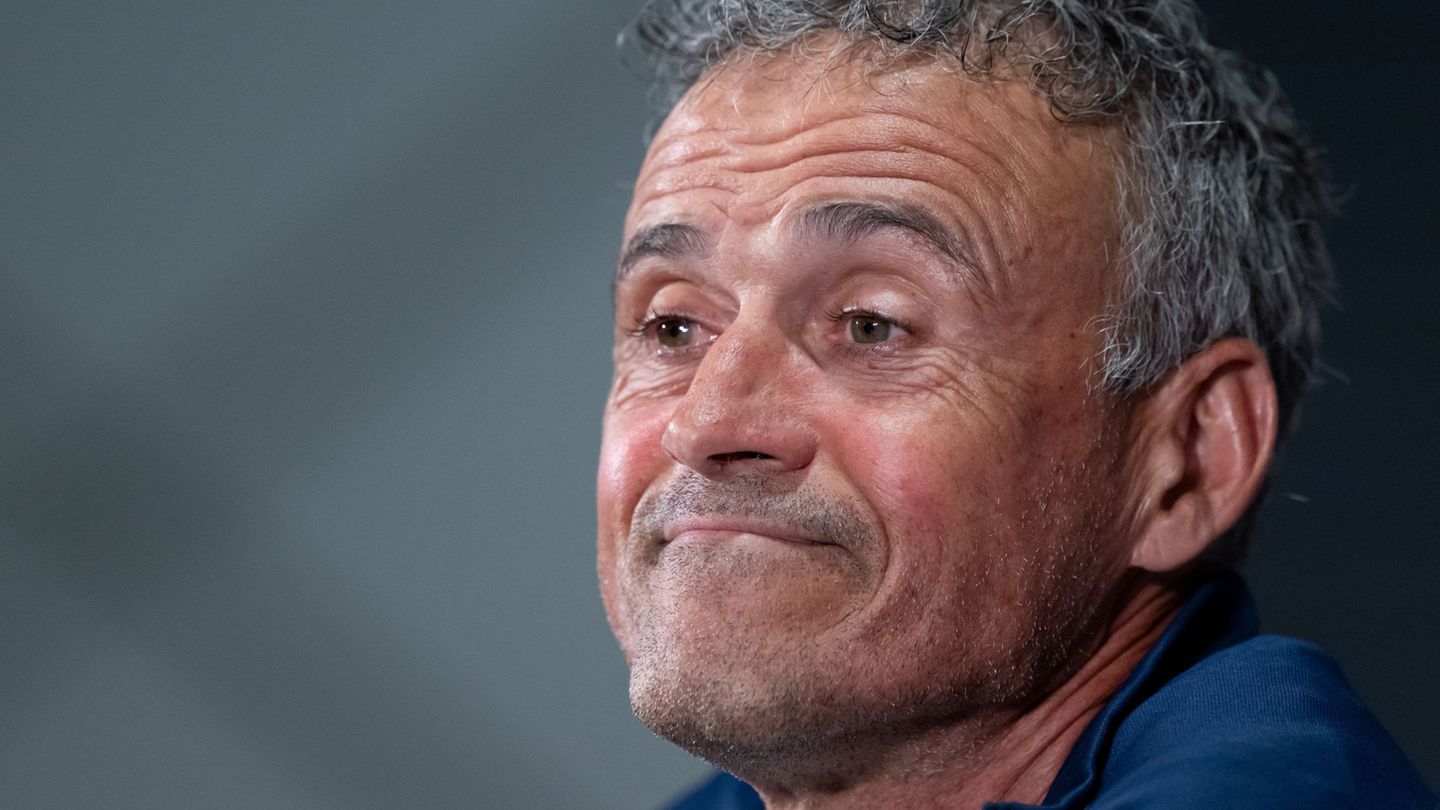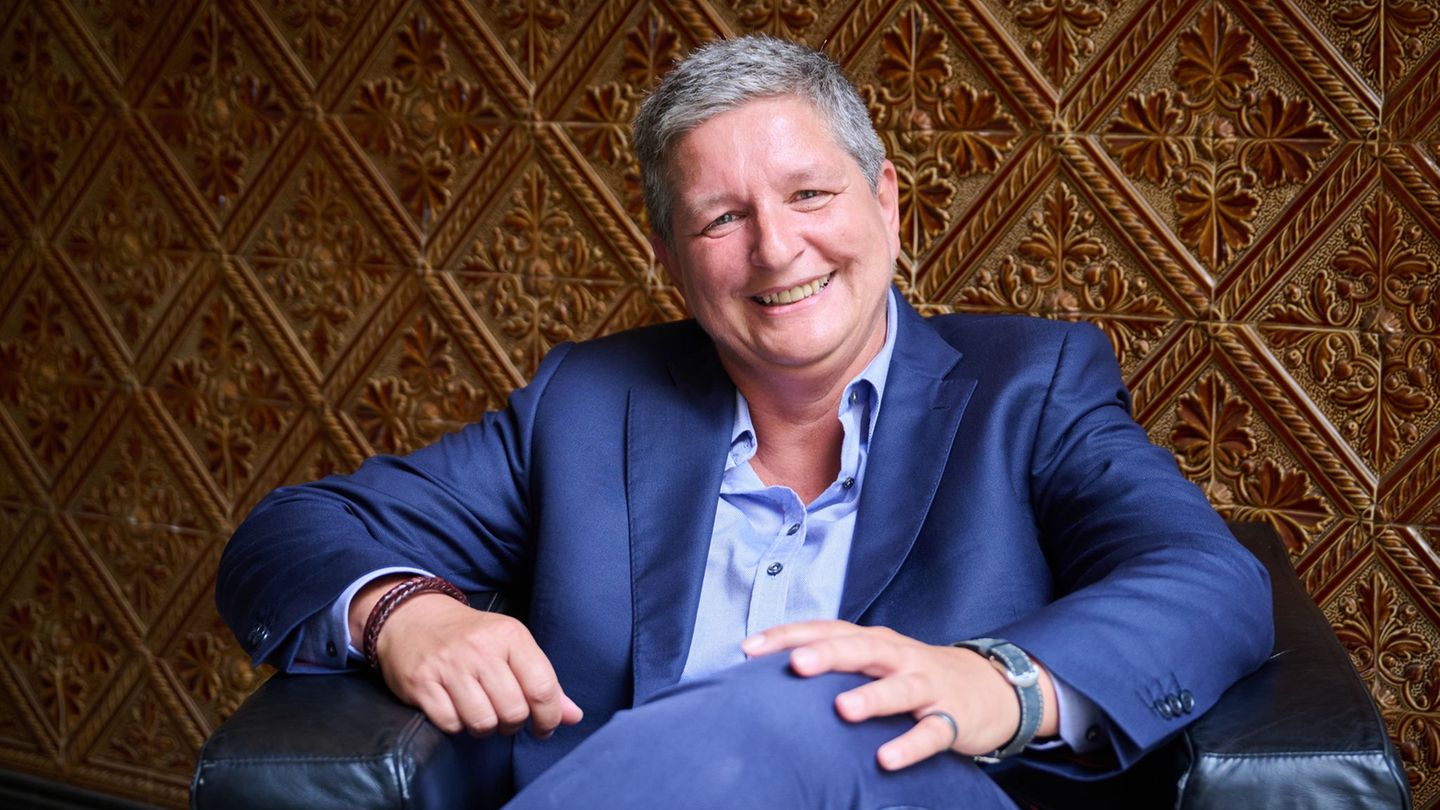“This fight with the machine and artificial intelligence (AI), which is already replacing us in some things, is interesting. However, we continue to put our body into it with our particularity and craftsmanship, that is the only thing that saves us,” says Mariana Chaud, author and director of “Marcela against the machine”, show winner of the ARTEI Award for independent theater production 2024 and made in co-production with FIBA 2024 that is presented on Saturdays at 10:30 p.m. at Nün, Juan Ramírez de Velasco 419.
With performances by Ximena Banús, Violeta Brener, Nicolás Levin and Luciana Lifschitz, The play revolves around two actors and a playwright who get together to rehearse. His daughter arrives and is caught up in the rehearsal; criticize everything they do. The play they are rehearsing tries to tell the characters’ dreams through a strange hypothesis: dreams have deteriorated over time, like food, air and water, as well as imagination. They engage in competition with AI. Actors, characters and dreams merge into a nightmare. We talk with Chaud.
Journalist: Judging from history, is there something autobiographical in the drama?
Mariana Chaud: The characters are in a strange place, it is something that happens but at the same time you have to make fiction and get away from it. At the same time, one cannot not take charge of what happens. The idea of this fictional rehearsal space is to enable this back-and-forth game in this enclave. There are things that happen to us generationally as a group of people who rehearse, share and friends who experience similar things.
Marcela_contra_la_maquina_087.jpg
Ximena Banús, Violeta Brener, Nicolás Levin and Luciana Lifschitz in the play that revolves around two actors and a playwright who get together to rehearse.
Q: Why did you want to talk about dreams that deteriorate over time?
M.Ch.: I have been researching and reading, I went through “First Dream” by Sor Juana Inés de la Cruz. I started reading about dreams and taking note of my own. I read Carl Jung and his strange hypothesis. He said that he dreamed of rivers of blood and 1914 but nothing personal resonated with him. Then the World War began and something appears about how the collective nightmare sneaks into our dreams. Social conflicts take on a strong aspect in dreams so there is something that rebels.
Q: What about poor nutrition and ecology?
M.Ch.: We are living in a dystopia, it is difficult to inhabit it and think about what to do with the lack of hope and future when none of the decisions that should be made are being made. It is impossible to eat well or improve the environment and think about what action one takes in that. There is a phrase in the play that says “The end of the world has already arrived and we did nothing. Toast, paperwork and hard-boiled eggs.”
Q: What is this competition with AI like? Did you use it for writing?
M.Ch.: I started asking for text arguments, I started competing with the AI, I entered a contest and then what I did appeared in the work. What happened with the requests to the AI was very attractive to me, there are great things, horrible things, something maddening is seeing how fast it is, how it takes everything that one experienced, and how one cannot compete. There is also something about the uniqueness and craftsmanship that we do that is impossible to replace.
Q: How did you work on the setup?
M.Ch.: There is the idea of recycling with several sets of other works of mine, there are models, things that had never been used and were there in my house or from the people in the group. We thought about what to do with that and the environmental aspect came into play. We wanted to stop building and generating waste, we wanted to reuse. Meaning plays there and generates other layers, in the same line as dreams made of daytime remains, like a reworking of something from waking life. Or like AI. That puts together something with the thoughts that remain.
Q: What is it like doing independent theater today?
M.Ch.: It’s difficult as always. When I started it was the same with the aggravating factor that one is older and has traveled further but things are quite similar. Maybe there is something easier because they already know me but economically it is quite similar. At the same time there is something about doing what we like, that unites us, motivates us and is unique. There is a setback but we are still here.
Q: How do you see theater and culture?
M.Ch.: We are going to continue producing beyond the lack of state support in film and theater. There is a stigmatization of the artist, as if that were not necessary, to think about these current issues that have to do with ways of living. There is a reworking of the symbolic, we must return to the artistic and the hierarchy it has, of course without comparing ourselves to doctors but culture is being greatly ignored by the Government. We have to continue trying to build that symbolic thought, it is the only way out. Ours continues to be a place of great vitality and resistance.
Source: Ambito




